Nutrition, eating, and serious illness
Sharing food is one way we nurture and care for those we love. When a seriously ill family member doesn't eat the way we…
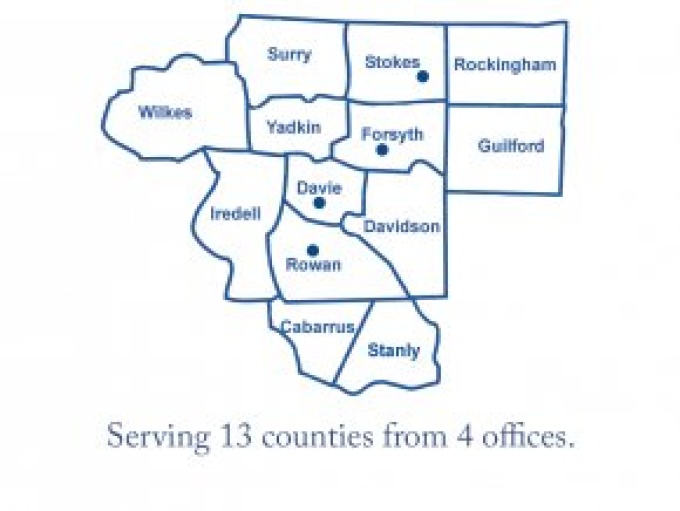
Ask For Us By Name
Hospice & Palliative CareCenter has been providing quality, compassionate care to people with…
Important Decisions: Financial and Health Care Planning
Death and dying are not topics we talk about easily in our culture. As a general rule, in fact, we avoid them, almost as if…
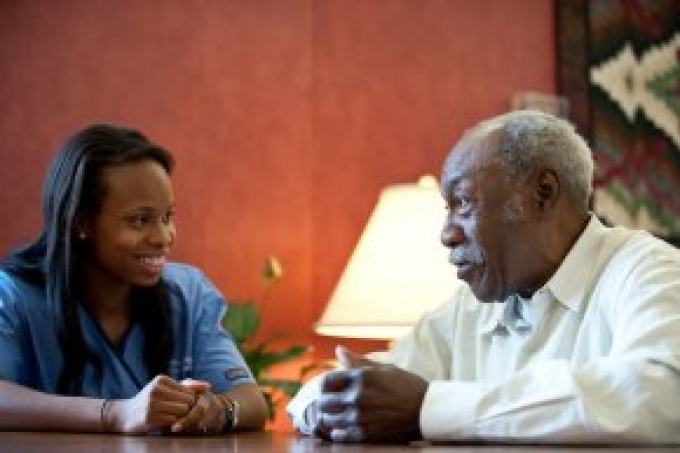
Christmas Carols and Music Therapy
Music is a magical thing. Hearing a song that you love can immediately put you in a good mood, and…
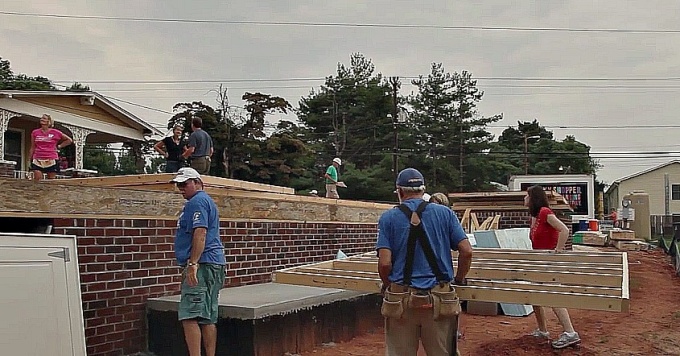
Labor of Love: The Healing Build
Please tune in – WUNC TV – January 3, 2015 at 5:00pm Labor of Love: The Healing Build , a short…
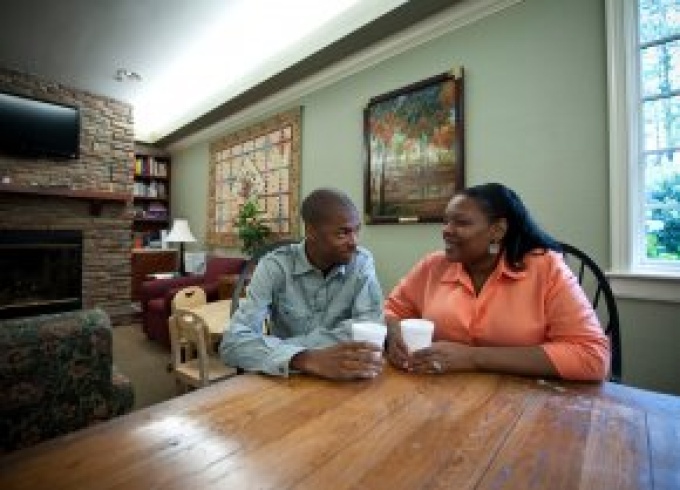
A New Holiday Tradition
If you have a loved one in hospice care, whether they are in our Kate B. Reynolds Hospice Home or…
A Night of Reflections - Luminaria Labyrinth Walk
A Night of Reflections - Luminaria Labyrinth Walk (Click here to see flyer) Monday, December 21, 2015 from 4:30pm-7:00pm at…
December 21 @ 4:30pm
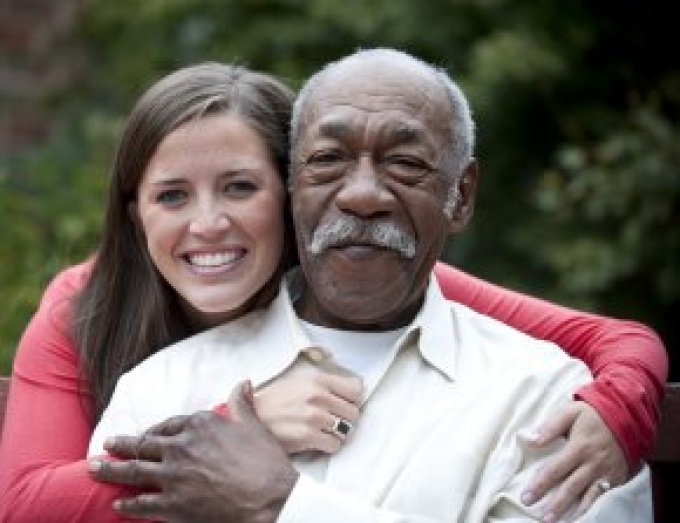
Hospice & Palliative CareCenter’s Grief Services
Many people are under the impression that the services found through Hospice & Palliative…
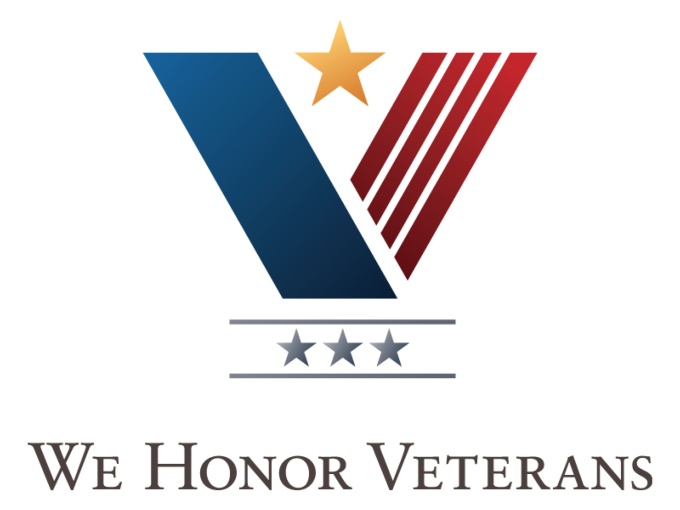
Remembering the "Day of Infamy" - the attack of Pearl Harbor
‘We Honor Veterans' Join us on December 7 for a special morning of remembrance (click here to see…
December 7 @ 9:00am